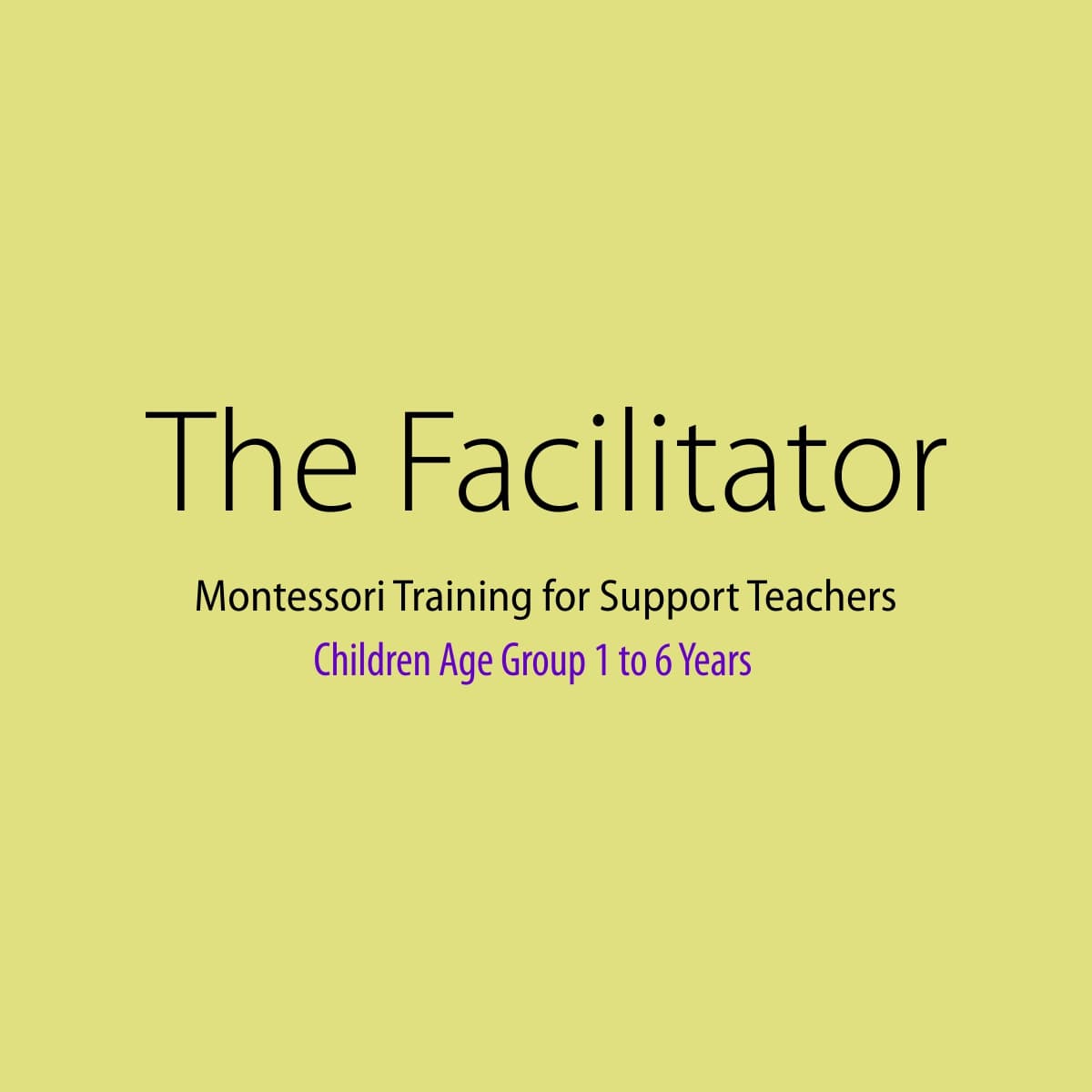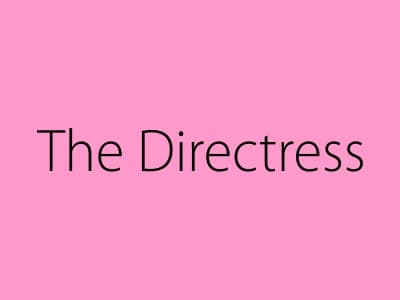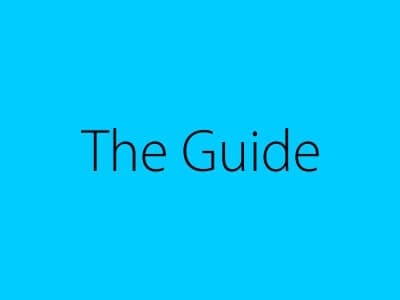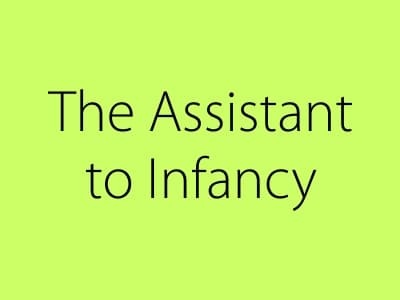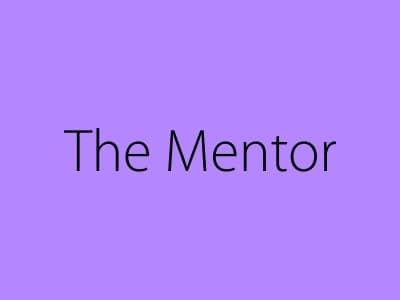Course Info:
The Facilitator, a Montessori Primary/Early childhood training program for support teachers is an in-depth study of Montessori Pedagogy with exclusive focus on the developmental needs of children in the age group of 1 to 6 years.
Course Ratings:
-
Course Excellence
%
-
Ease of Learning
%
-
Adaptability
%
-
Employed
%
Course Metrics:
Course Overview
How the Course is StructuredTheory Sessions|Practicum Classes|Year Long Project|Internship
| Theory Sessions: 350 hours of lectures, workshops, and collaborative discussions. |
|---|
| Practicum Sessions: 550 hours | Follow-up Sessions: 200 hours Max. |
|---|
| Practicum hours do not include independent research, material making, album preparation and/or examinations. |
| Year-long Project |
|---|
| 16 contact hours for research, reflection, and original material design. |
| Internship | In-school Training |
|---|
| 300 hours of supervised teaching in accredited primary classrooms. |
| Overview | Topics |
|---|---|
| Foundations of Montessori Philosophy |
|
| Child Development (1 – 6) |
|
| Role of the Adult & Prepared Environment |
|
| Curricular Areas |
|
| Whole-Child & Classroom Community |
|
Course Curriculum
What the Course offers to YouFoundations of Montessori Philosophy |Child Development (1 – 6) |Role of the Adult & Prepared Environment |Curricular Areas |Whole-Child & Classroom Community |Practicum, Internship & Professional Growth |Art & Music Integration |Movement & Physical Education |Mathematical Extensions & Geometry |Observation & Assessment |Community & Family Partnerships |Inclusion & Special Needs |Health, Nutrition & Safety |Classroom Management & Workflow |Peace Education & Positive Discipline |Professional Development & Ethics |Environmental Sustainability & Gardening |Technology Integration & STEAM Extensions |Intercultural Awareness & Global Perspectives |Crisis Management & Emergency Preparedness |Parent Coaching & Toddler-Prep Programs |Capstone, Portfolio & Certification Review
Module 1 of 22 : Foundations of Montessori Philosophy
| Course Categaory: | Montessori Theory & History |
| Minimum Course Topics: | Life of Dr. Montessori, absorbent mind, sensitive periods, normalization, scientific pedagogy. |
| Hours: | 40 – 50 |
| Work Examples: |
|
Module 2 of 22 : Child Development (1 – 6)
| Course Categaory: | Human Growth & Development |
| Minimum Course Topics: | Milestones, brain development, schema play, attachment, sensitive periods mapping. |
| Hours: | 40 – 50 |
| Work Examples: |
|
Module 3 of 22 : Role of the Adult & Prepared Environment
| Course Categaory: | Environment Design & Adult Practice |
| Minimum Course Topics: | Indirect preparation, observation skills, classroom layout, material rotation, safety. |
| Hours: | 35 – 45 |
| Work Examples: |
|
Module 4 of 22 : Curricular Areas
| Course Categaory: | Curriculum & Materials |
| Minimum Course Topics: | Presentation of key materials, lesson techniques, scope & sequence, interdisciplinary links. |
| Hours: | 120 – 140 |
| Work Examples: |
|
Module 5 of 22 : Whole-Child & Classroom Community
| Course Categaory: | Social-Emotional & Community Development |
| Minimum Course Topics: | Peace education, positive discipline, observation & assessment, inclusion strategies, family partnerships. |
| Hours: | 45 – 55 |
| Work Examples: |
|
Module 6 of 22 : Practicum, Internship & Professional Growth
| Course Categaory: | Experiential Integration |
| Minimum Course Topics: | Supervised teaching, material making, reflective journals, ethics, ongoing PD. |
| Hours: | Practicum 550 | Internship 300 |
| Work Examples: |
|
Module 7 of 22 : Art & Music Integration
| Course Categaory: | Creative Expression |
| Minimum Course Topics: | Open-ended art media, color theory, rhythm & melody, instrument exploration, integrating art across Practical Life and Sensorial. |
| Hours: | 20 – 25 |
| Work Examples: |
|
Module 8 of 22 : Movement & Physical Education
| Course Categaory: | Gross/Fine-Motor Development |
| Minimum Course Topics: | Balance, coordination games, yoga, dance, outdoor play environments, fine-motor manipulatives. |
| Hours: | 15 – 20 |
| Work Examples: |
|
Module 9 of 22 : Mathematical Extensions & Geometry
| Course Categaory: | Advanced Numeracy & Spatial Reasoning |
| Minimum Course Topics: | Geometric cabinet, constructive triangles, fractions, golden ratio & Fibonacci in nature, bead cabinet extensions. |
| Hours: | 15 – 20 |
| Work Examples: |
|
Module 10 of 22 : Observation & Assessment
| Course Categaory: | Reflective Practice |
| Minimum Course Topics: | Systematic observation, anecdotal records, checklists, portfolios, progress conferencing. |
| Hours: | 20 – 25 |
| Work Examples: |
|
Module 11 of 22 : Community & Family Partnerships
| Course Categaory: | Home–School Collaboration |
| Minimum Course Topics: | Parent education nights, family conferences, culturally responsive practices, organizing community service events. |
| Hours: | 15 – 20 |
| Work Examples: |
|
Module 12 of 22 : Inclusion & Special Needs
| Course Categaory: | Differentiated Support |
| Minimum Course Topics: | Early identification, sensory integration, adaptive materials, collaborating on IEP goals. |
| Hours: | 15 – 20 |
| Work Examples: |
|
Module 13 of 22 : Health, Nutrition & Safety
| Course Categaory: | Well-Being & Care Routines |
| Minimum Course Topics: | Snack prep, allergy management, hygiene protocols, first-aid basics, sun & water safety. |
| Hours: | 10 – 15 |
| Work Examples: |
|
Module 14 of 22 : Classroom Management & Workflow
| Course Categaory: | Operational Flow |
| Minimum Course Topics: | Daily schedules, mixed-age group coordination, material rotation, record-keeping systems. |
| Hours: | 10 – 15 |
| Work Examples: |
|
Module 15 of 22 : Peace Education & Positive Discipline
| Course Categaory: | Social-Emotional Learning |
| Minimum Course Topics: | Peace corner, conflict resolution, emotional literacy, class meetings, grace & courtesy rituals. |
| Hours: | 15 – 20 |
| Work Examples: |
|
Module 16 of 22 : Professional Development & Ethics
| Course Categaory: | Career Growth |
| Minimum Course Topics: | Code of ethics, reflective practice cycles, mentoring, AMI/AMS recertification paths. |
| Hours: | 10 – 15 |
| Work Examples: |
|
Module 17 of 22 : Environmental Sustainability & Gardening
| Course Categaory: | Nature & Stewardship |
| Minimum Course Topics: | Composting, recycling stations, classroom gardening, nature walks and journals. |
| Hours: | 10 – 15 |
| Work Examples: |
|
Module 18 of 22 : Technology Integration & STEAM Extensions
| Course Categaory: | Modern Enhancements |
| Minimum Course Topics: | Screen-guidelines for ages 3–6, practical coding toys, maker-space corners, blending Montessori and STEAM explorations. |
| Hours: | 10 – 15 |
| Work Examples: |
|
Module 19 of 22 : Intercultural Awareness & Global Perspectives
| Course Categaory: | Cultural Competency |
| Minimum Course Topics: | Celebrating cultural diversity, multilingual extensions, anti-bias practices, global festivals and traditions for young children. |
| Hours: | 10 – 15 |
| Work Examples: |
|
Module 20 of 22 : Crisis Management & Emergency Preparedness
| Course Categaory: | Health & Safety |
| Minimum Course Topics: | Emergency protocols (fire, earthquake, lockdown), first-aid refreshers, allergy & anaphylaxis plans, emotional support during crises. |
| Hours: | 8 – 12 |
| Work Examples: |
|
Module 21 of 22 : Parent Coaching & Toddler-Prep Programs
| Course Categaory: | Family Engagement |
| Minimum Course Topics: | Designing parent–child classes, home-visit protocols, coaching parents on Practical-Life routines, managing transitions from home to school. |
| Hours: | 12 – 18 |
| Work Examples: |
|
Module 22 of 22 : Capstone, Portfolio & Certification Review
| Course Categaory: | Program Culmination |
| Minimum Course Topics: | Compilation of observation records & material photos, oral defense of philosophy statement, mock practical exams, career next-steps. |
| Hours: | Variable (contact 10 – 15) |
| Work Examples: |
|


